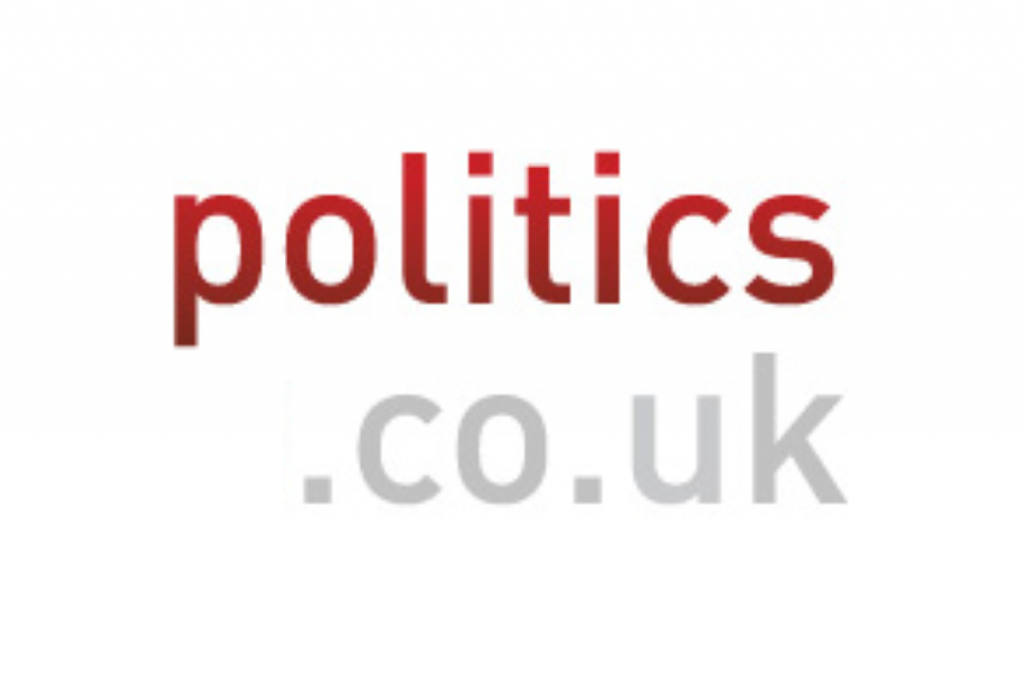Raise benefits to beat exclusion, says committee
By Tobias Benedetto
Paying higher rates of benefits to young people to keep them in education, employment or training will eradicate social exclusion and lead to savings in policing and the treatment of addiction, MPs said today.
The Children, Schools and Families Committee report said the public sector can deliver more for young people with increased efficiency if organisations providing benefits, housing, health and other services work to establish a ‘one-stop shop’ to meet a range of needs.
It urged the government to “move more quickly to establish a seamless, overarching strategy” for young people as funds available for Whitehall initiatives decline.


Barry Sheerman, committee chair said “The proportion of 16-18 year olds not in education, employment or training has remained at around ten per cent despite one policy strategy after another. It is time to look at the example of the Netherlands, where rates of youth unemployment are consistently low and where young people up to the age of 27 have a more unified support structure.”
The committee was impressed by the work done by some local authorities to increase young people’s participation rates, citing the ‘Total Place’ pilots experimenting with ways public service providers can work more closely.
A spokesperson for Lewisham council, one of 13 local authorities across the country running the pilots from July 2009 until last February, said: “With Total Place we looked at systems providing all the services people need, for example housing or help with re-offending or worklessness, from a single source. This allows us to reach socially excluded young people and increase resources.”
The committee concluded: “Existing incentives offered are not sufficient to drive widespread improvement. The government should consider strengthening the incentives offered to local authorities who are successful in raising rates of participation.”

